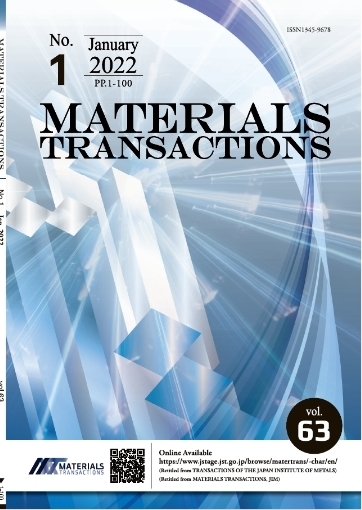Carbonyl iron powders are the most widely used raw powder in fabricating the powder injection molded (PIM) components owing to their high driving forces for sintering. However, the cost of this powder is relatively high. To improve the competitiveness of the PIM process, coarse iron powders, which are much more economical, were mixed with fine carbonyl iron powders in an optimum ratio of 6/4 in this study. This replacement of fine carbonyl iron powders did not change the kneading and molding behaviors significantly. The solvent and thermal debinding rates of the compacts that contain 100 mass% and 40 mass% fine powders also showed little difference. Such debinding results, which are contrary to the general belief, suggest that the particle size is not the critical factor in the debinding of PIM compacts. The debinding rate is more likely controlled by the diffusion of the soluble binder in the solvent (for solvent debinding) and the decomposition rate of the backbone binder (for thermal debinding). High sintered densities can still be attained in the compact with mixed powders after α phase stabilizers, such as P and Mo, are added. These additives prevent the α-γ phase transformation and the accompanying exaggerated grain growth. When 0.7 mass%P or 0.35 mass%P+2.5 mass%Mo is added into a mixed powder that contains 60 mass% coarse iron powders, high densities more than 96% can be attained after the compact is sintered at 1593 K for 3.6 ks. The hardness, tensile strength, and elongation of the Fe-2.5 mass%Mo-0.35 mass%P were HRB68, 520 MPa, and 20%, respectively. The densities, mechanical properties, and comparable processing capability found in this study show that the more economical coarse iron powder can be used in the PIM process.










